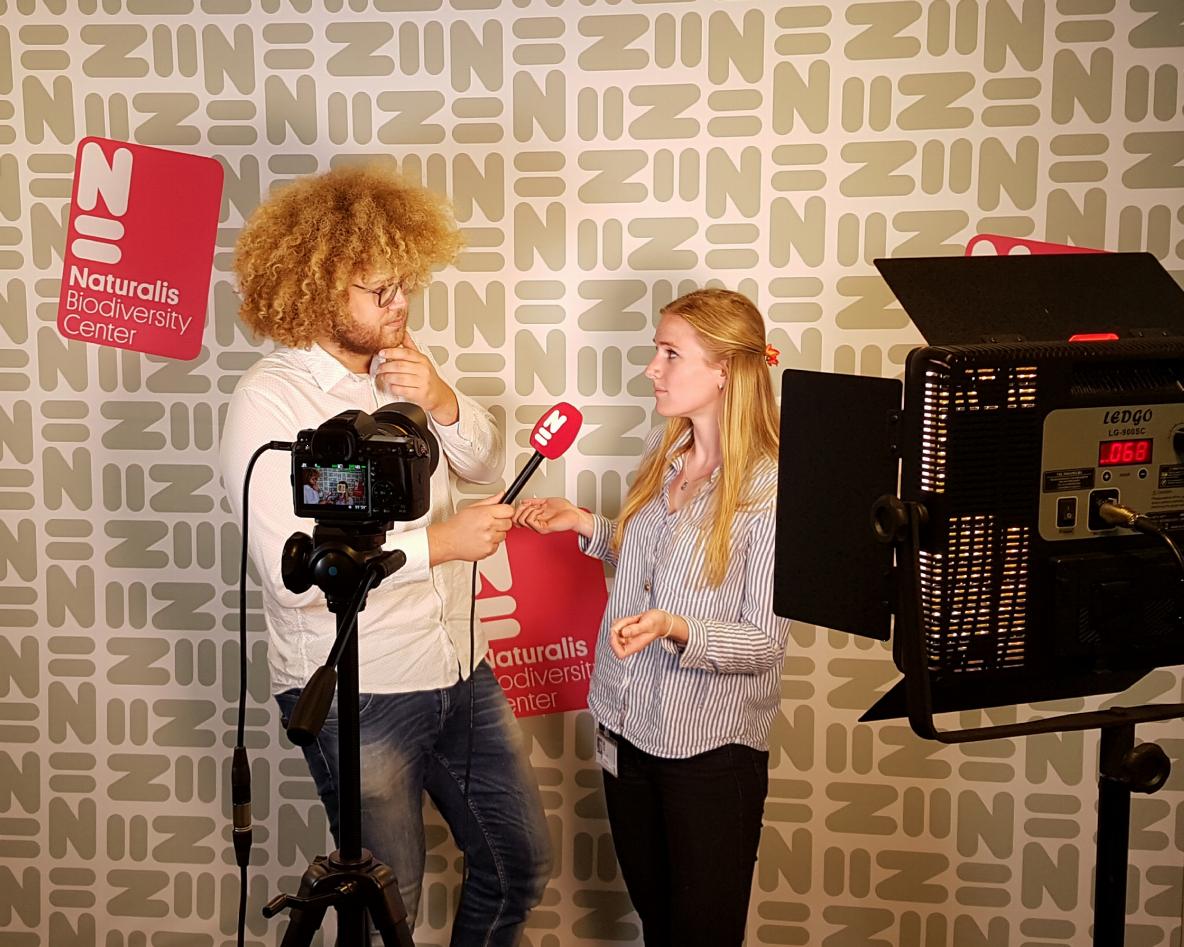Symbiosis as the basis of the forest
Nature publication predicts 10% decrease of biomass in forests if CO2 emissions continue unabated In and around the tangled roots of the forest floor, fungi and bacteria grow with trees, exchanging nutrients for carbon in a vast, global marketplace…
Triceratops timeline
Triceratops, or literally: three-horned face, an iconic dinosaur. Once upon a time, in 2013, researchers from Naturalis made a special discovery. In Wyoming (America) they found the remains of several Triceratopses. Three more expeditions followed and over…
Buried treasure
Becky is museum preparator. Many different tasks fall under this umbrella: cleaning whale bones, preparing study skins of birds and animals, and repairing broken geological samples, for example. However, of all the tasks I do, the most relaxing is washing…
Becky's Blog: A quail tale
Every now and then I am invited to do a special after hours event. Usually this is some kind of live preparation demonstration, the type I used to do regularly in LiveScience in our old museum (and will do again after our new building opens!). I really…
An animal big enough to sit in
The story behind the biggest Neptune's cup in the collection of Naturalis Biodiversity Center That’s right - this is a story about an animal big enough to sit in. It might be hard to comprehend when you look at it, but the Neptune’s cup ( Cliona patera…
A bottlenose with mold issues
Recently we worked on a rare specimen, a male Northern bottlenose whale, Hyperoodon ampullatus. This specimen is from October 1946 and was found on the island of Terschelling. Bottlenose whales are rare in our collection because they do not occur in the…
Becky's Blog: Whale bones and murder mysteries
How a process that is a problem for our whale bones, can be of great value in forensic anthropology. A tale about adipocere, otherwise known as corpse wax. Before a decedent whale can be stored in our collection, it has to be completely clean and stripped…
Whales and toothbrushes
The first thing that happens when you start any new project at a museum is the literature search. How have other museums dealt with the issues that you are about to be surrounded by? After doing all this research and figuring out what would be the best…
Becky's Blog: Funny bones
Many and more things can be examined form bones. In one of the early blogs, I looked closely at some of the strange bone issues we came across while cleaning dolphin skeletons. As the project continued, we see bone deformities so regularly that I started…









